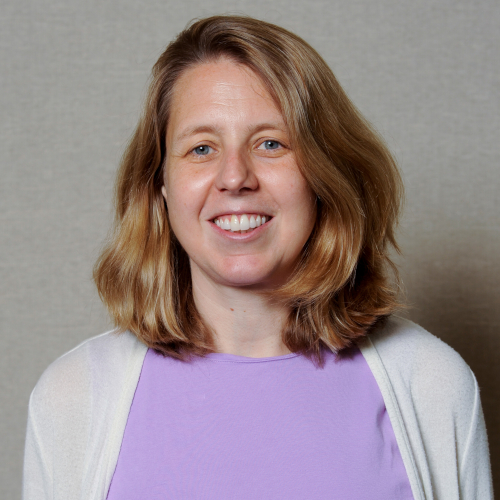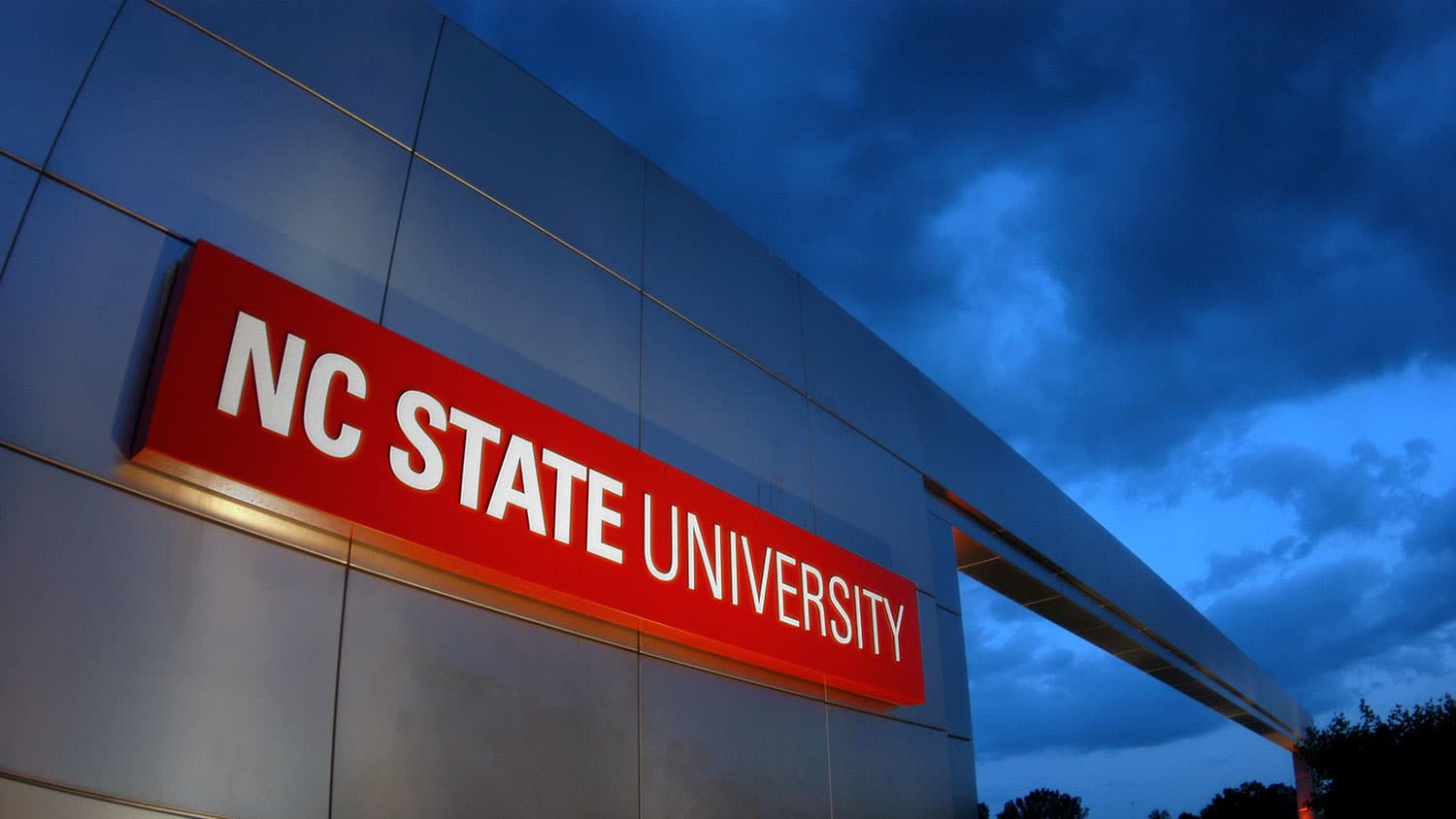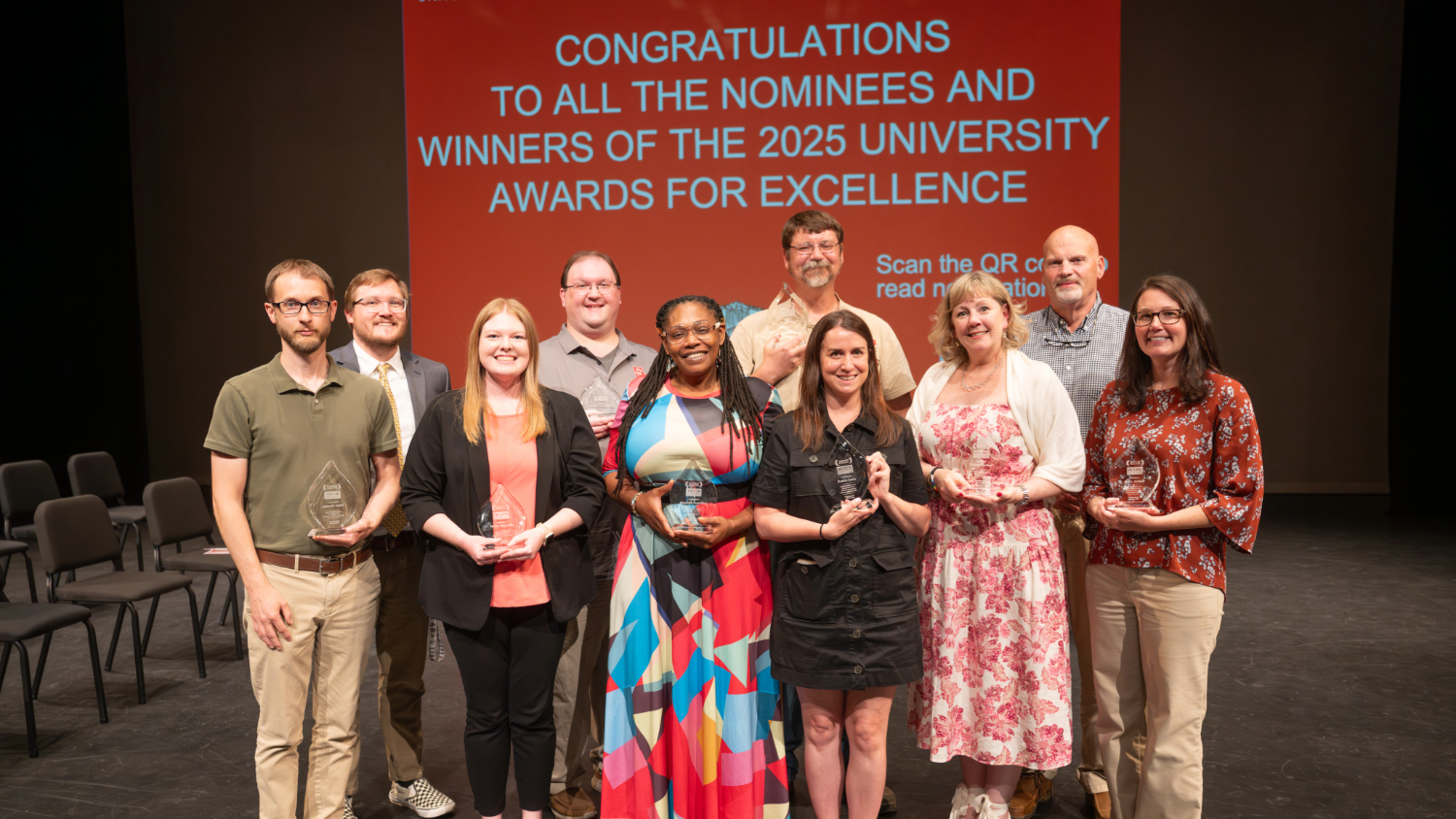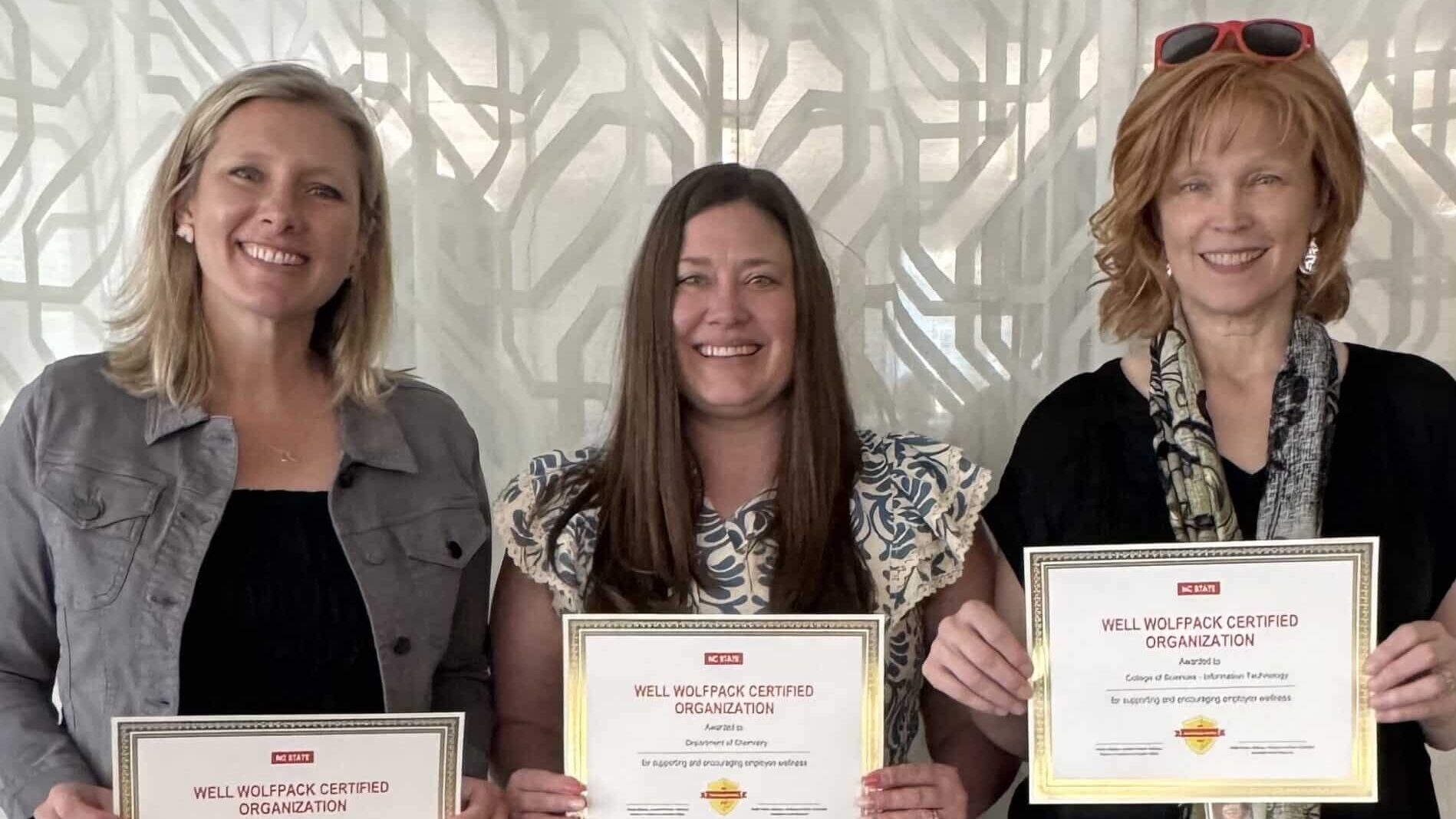The American Physical Society has awarded Gail McLaughlin, Distinguished University Professor of Physics, the 2024 Herman Feshbach Prize in Theoretical Nuclear Physics.
McLaughlin received the prize — which comes with a $10,000 reward — for seminal contributions to the study of neutrinos in explosive systems and for elucidating the profound impact of this microphysics on the synthesis of elements. The Feshbach prize is the highest disciplinary award in the field of theoretical nuclear physics.
The prize is supported by contributions from the Division of Nuclear Physics and friends and family of the late Herman Feshbach, in honor of his contributions to theoretical physics. Other sponsors include Andrea Feshbach, Brookhaven Science Associates, Elsevier, Lawrence Livermore National Laboratory, Los Alamos National Laboratory, Massachusetts Institute of Technology, Michigan State University, University of Tennessee, Southeastern Universities Research Association and the Lourie Foundation.

McLaughlin’s research focus lies in the areas of nuclear and particle astrophysics. She studies small subatomic particles — neutrinos — which are produced in great numbers in exploding stars. These neutrinos can interact with and change the stellar environment, and some of them can travel to Earth and be detected. McLaughlin’s research also involves element synthesis, or the study of how neutrons and protons combine to make elements in astrophysical settings. She is known for her work on the rapid neutron capture elements, as well as the role that neutrino interactions play during their formation. She also works on the theory of neutrino flavor transformation in supernovae and neutron star mergers and on theoretical studies of neutrino detection.
McLaughlin earned her doctorate in physics from the University of California San Diego in 1996. Before joining the NC State faculty in 2001, she served as a research scientist at the State University of New York, Stony Brook and completed postdoctoral work at the Institute for Nuclear Theory at the University of Washington and at Canada’s national particle accelerator center, TRIUMF.
- Categories:



